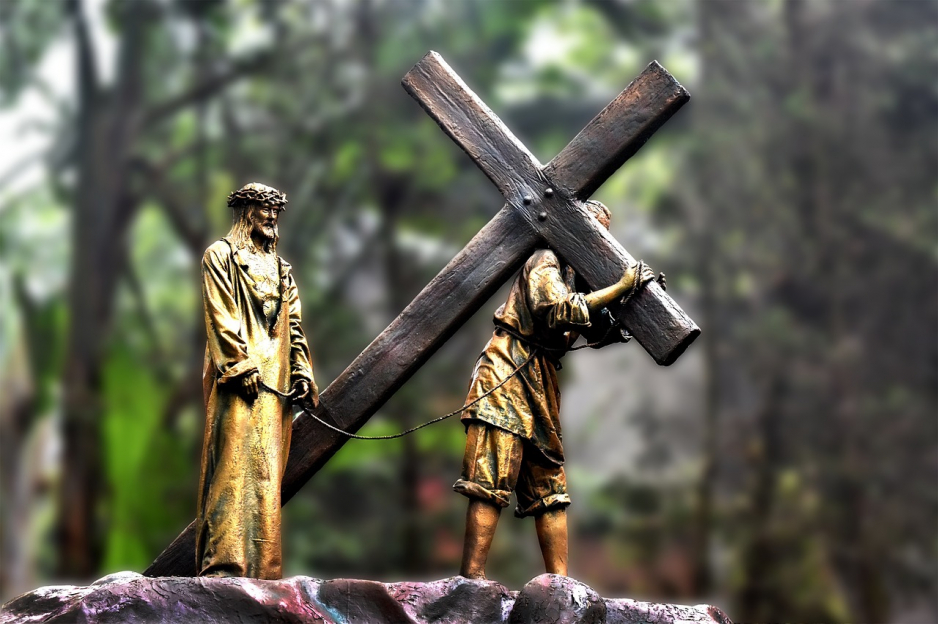Spanish Court Condemns male-only religious brotherhood for refusing woman

Spain’s Constitutional Court has ruled against a male-only religious brotherhood for refusing to admit a woman, declaring that the association’s internal statutes violate the Spanish Constitution. While framed as a non-discrimination decision, the judgment raises broader concerns about state intervention in the internal affairs of religious associations—particularly regarding their right to determine membership criteria in accordance with their beliefs and traditions.
On 19 November 2024, the Constitutional Court ruled in favour of María Teresita Laborda Sanz, who had been denied admission to the Pontificia, Real y Venerable Esclavitud del Santísimo Cristo de La Laguna, a male-only religious brotherhood based in Tenerife. Overturning a 2021 Supreme Court decision, the Court found that the brotherhood’s exclusion of women violated Laborda’s constitutional rights to non-discrimination (Article 14) and freedom of association (Article 22) under the Spanish Constitution.
In its reasoning, the Court rejected the brotherhood’s appeal to religious autonomy, asserting that the male-only membership rule was not based on religious or moral doctrine. Moreover, the Court characterised the brotherhood as a “dominant” force in the region’s cultural and religious life. This perceived public significance was used to argue that the association should not enjoy the same protections typically granted to private religious entities—effectively limiting its internal freedom to regulate membership.
The ruling raises important human rights concerns. Under international human rights law—including Article 9 of the European Convention on Human Rights and Article 18 of the International Covenant on Civil and Political Rights—religious communities are afforded autonomy to organise their internal affairs, including determining their membership and leadership structures. This autonomy is a cornerstone of religious freedom and pluralism in democratic societies.
By subordinating the internal rules of a religious brotherhood to broader anti-discrimination norms, the Court risks setting a precedent that may erode the ability of religious associations to operate according to their foundational beliefs and maintain their distinctive identities without undue state interference.
The judgment is also symbolic: it frames the internal governance of a centuries-old religious brotherhood as a matter of public legitimacy and constitutional conformity. This reframing potentially reduces the space for religious institutions to exist as distinct bodies within civil society, governed not by public opinion or majority norms, but by religious conviction.
This decision follows a similar development in Belgium earlier in 2024, where a secular court convicted two Catholic prelates for refusing a woman entry into diaconal formation—training that, under Catholic canon law, is reserved for men (OIDAC reported).
Source: Legal Text - STC 04.11.25
Image: Pixabay